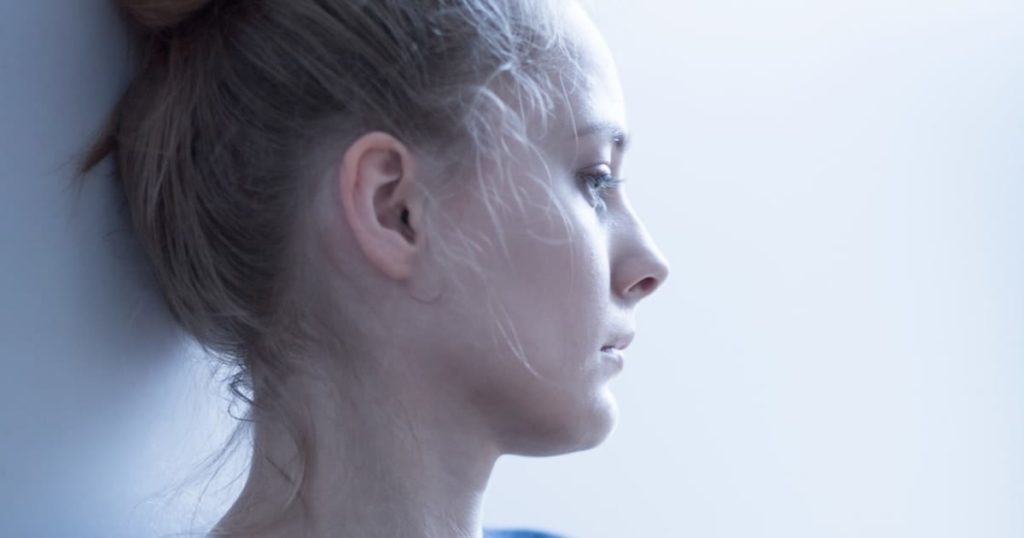Not many mental health issues create as much acute distress as anxiety — because anxiety combines intense physical as well as emotional symptoms. Anxiety disorder treatments, however, are accessible and effective. When social phobia is the specific anxiety disorder you’re fighting, it can be extra challenging, since fears about being in public and being around other people can impact your ability to seek treatment. Let’s take a look at some of these treatment options.
Medications
- Anxiolytics: These medications are designed specifically to reduce anxiety. There are a number of different types available by prescription. Talk with your doctor about which ones might be worth trying for your social phobia. Just be sure to discuss any substance abuse issues you may also be having, as some of the medications used for social phobia may not be the best choice for someone in recovery.
- Antidepressants: Again, there are a number of antidepressants commonly prescribed as anxiety disorder treatments. If you experience low moods as well as social phobia, be sure to discuss this with your doctor; an antidepressant may be the right choice.
- Other medications: After taking a thorough history, your doctor may suggest other medications to help ease anxiety. In some cases, beta blockers or even antipsychotic medications may be the best anxiety disorder treatments.
Psychotherapy Approaches
- CBT: Cognitive behavioral therapy is often recommended for social phobia. This approach focuses on identifying specific thoughts and patterns of thought that lead to anxiety symptoms.
- Desensitization: This approach has you practice experiencing the situation that provokes symptoms until the distressing situation becomes commonplace or boring. These types of anxiety disorder treatments are often used for specific phobias as well as social phobia.
- Stress management skills: Therapy may include teaching specific skills to reduce symptoms, such as breathing techniques or meditation. Learning that you can control your symptoms can help you feel less anticipatory anxiety about them.
Lifestyle Adjustments
- Keep an eye on your caffeine intake. Many anxiety disorder treatments are less effective if you are consuming large amounts of caffeine. Limit your intake of soda, coffee, tea and chocolate.
- Exercise! Aerobic exercise helps your body produce chemicals that act as natural sedatives.
- Choose healthy foods and aim for a consistent bedtime. These overall healthy habits help you feel your best physically, and feeling unwell (for example, upset stomach or headache) can increase your anxiety symptoms.
The very best anxiety disorder treatment program is a combination approach. Use medications as directed by your doctor, supplement your therapy with healthy lifestyle choices, and you should see results quickly! Resources: https://www.mayoclinic.org/diseases-conditions/social-anxiety-disorder/basics/treatment/con-20032524https://www.webmd.com/anxiety-panic/tc/social-anxiety-disorder-home-treatmenthttps://www.nimh.nih.gov/health/publications/social-anxiety-disorder-more-than-just-shyness/index.shtml



